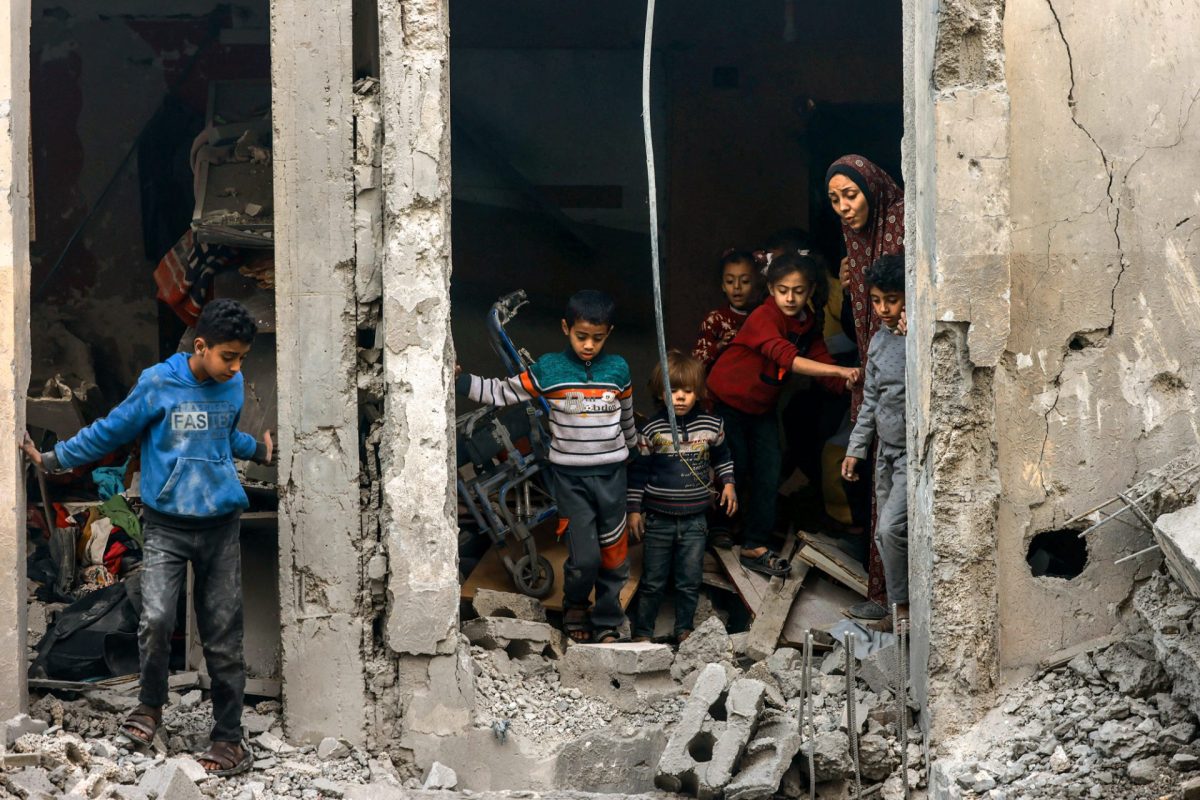Mustafa stated, while speaking at the World Economic Forum (WEF) in Davos, that reconstruction efforts will be huge and the financial needs will be significant.
More people in Gaza are likely to die of hunger and famine than war, he added.
The United Nations has warned Israel’s war in Gaza has brought famine with “such incredible speed”, cautioning that hundreds of thousands of Palestinians are starving in the besieged strip.
Late last year, data from the International Labour Organization (ILO) and the Palestinian statistics office showed nearly 66 percent of jobs have been lost in the Gaza Strip since the start of the war between Israel and Hamas on October 7.
Palestinians have seen their employment reduced by two-thirds in the Gaza Strip – equivalent to 192,000 jobs – since the outbreak of the war, the ILO and Palestinian Central Bureau of Statistics (PCBS) said.
Palestinians in Gaza have long grappled with persistently high rates of poverty, vulnerability and one of the highest unemployment rates in the world, it added.
“The crisis has caused a huge distortion in the Palestinian economic structure,” stated PCBS president Ola Awad.
Peter Rademaker, ILO’s deputy regional director for Arab states, told Al Jazeera that Palestinians in Gaza “will be in poverty for many months and years to come” because of Israel’s war on the enclave.
Nearly 40,000 buildings, or about 18 percent of all pre-conflict structures have been damaged or destroyed in the Gaza Strip since the conflict started, a UN assessment showed in mid-December.
In early December, the International Monetary Fund (IMF) issued a stern warning about the economic impact of Israel’s war on the Gaza Strip on the regional economic outlook, and stressed that the onslaught on the besieged enclave is expected to “severely depress” the Palestinian economy.
“We do expect the conflict to severely depress economic activity in both the West Bank and Gaza, where even before the conflict GDP growth was set to decline over the medium term,” the IMF communications chief, Julie Kozack, told reporters.
She added that while the economies of the occupied West Bank, Gaza will be the hardest hit, “the ultimate impact will depend on the duration and intensity of the conflict.”
